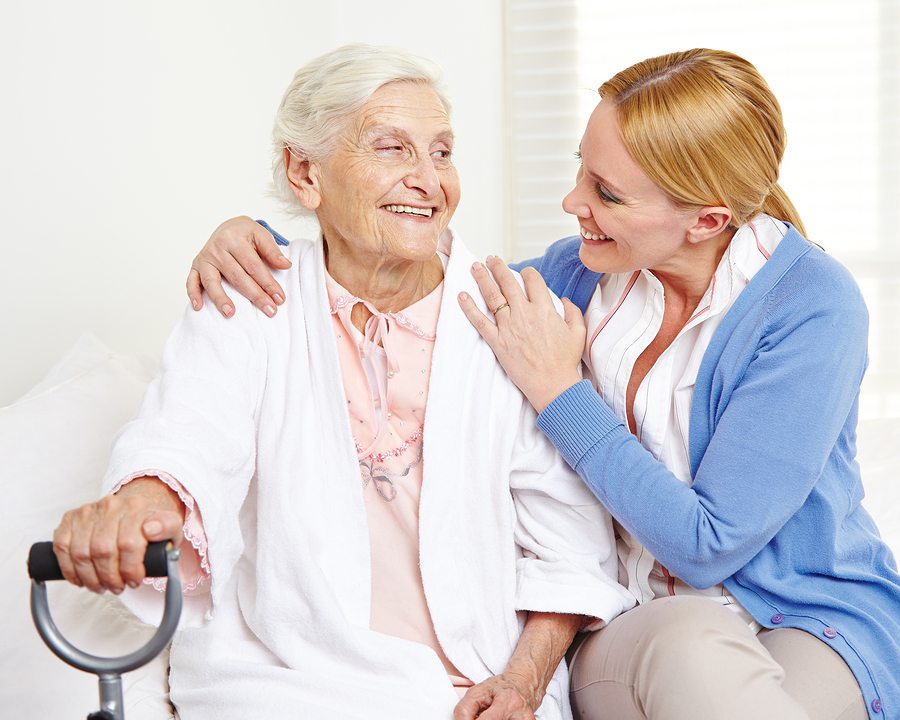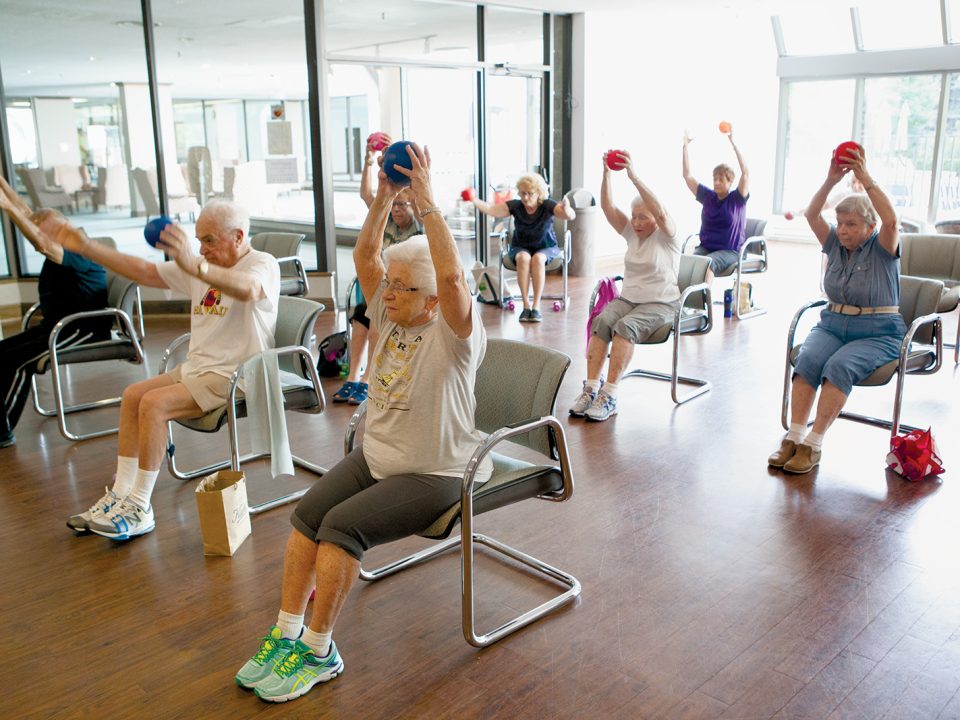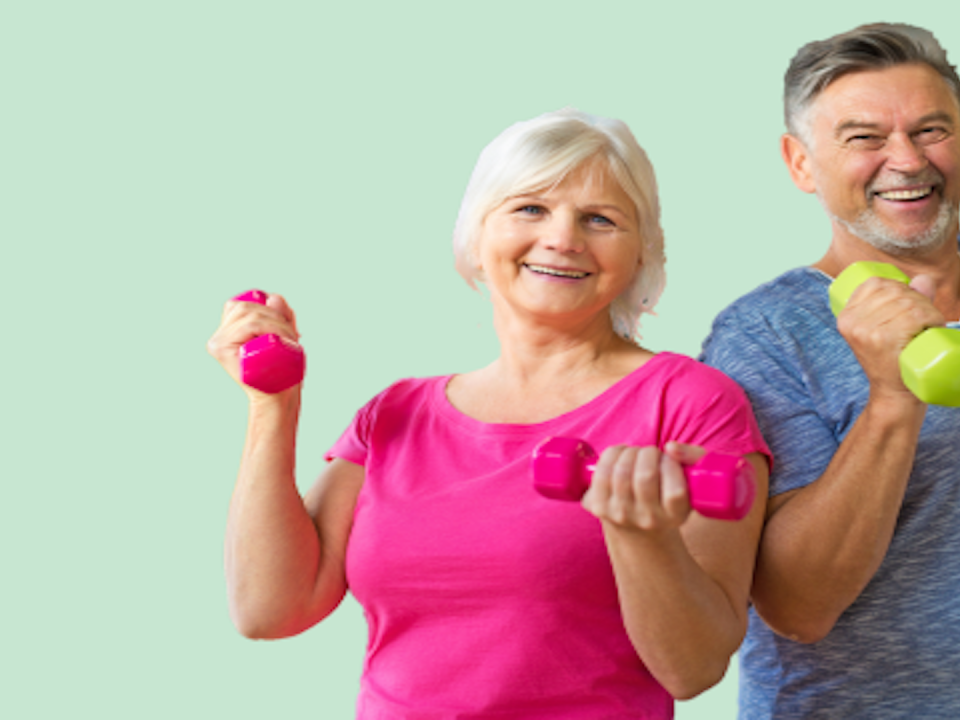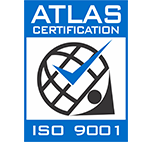
Call for younger generations to consider career in aged care
January 27, 2019
‘Music for people living with dementia is a necessity’, says new national campaign
February 2, 2019Recognising the signs of heat-related illness

Recognising the signs of heat-related illness
With the mercury set to climb across many parts of the country this month, including consecutive days in the low-40s across South Australia, it’s important to keep an eye out for signs of heat-related illness in elderly loved ones.
As we age, there is a higher risk of heat-related illness, especially if you live alone, have medical conditions or take certain medications. Heat stress and exhaustion can quickly escalate to heat stroke, which can set in within 10 to 15 minutes and is caused when internal body temperature rises much faster than it’s lowered naturally.
“It depends on everyone’s personal physiology, but side effects from certain medications can make people more susceptible to heat stress and heat-related illness,” Manager of Health Protection Programs at SA Health, Michaela Hobby says.
“It is important that we are checking in with people to make sure they are coping with the hot conditions.”
Ms Hobby says being confused and disoriented, or having a swollen tongue are just a couple of indicators of heat stroke, which she says is a “serious medical emergency”.
“People can become headachey and core temperatures can increase… immediate medical attention should be sought.”
Other warning signs that may indicate dehydration or heat stroke include:
- Extremely high body temperature
- Red, hot or dry skin but no sweating
- Rapid, strong pulse
- Feeling faint or dizzy
- Throbbing headaches
- Reduced mobility
- Sunken eyes
- Dry mouth
- Paleness
- Muscle cramps
- Worsening of pre-existing medical conditions.
“Staying hydrated is one of the key steps people can take to limit the potential of heat-related illness… it’s the number message we are putting out there are the moment,” Mrs Hobby says.
“It is important people are prepared, so if you can do your shopping early and limit the need to go out in the heat, that’s one way of preventing heat related stress on your body.”
If you have a chronic medical condition and take regular medication, SA Health recommends talking with your GP about how to take care of your health during hot weather.
Make sure to check in on elderly relatives or loved ones regularly throughout the week to make sure they are staying healthy in the heat, especially if they live alone.
Ths article was originally published on agedcareguide.com.au in January 2019. Author unkown.










